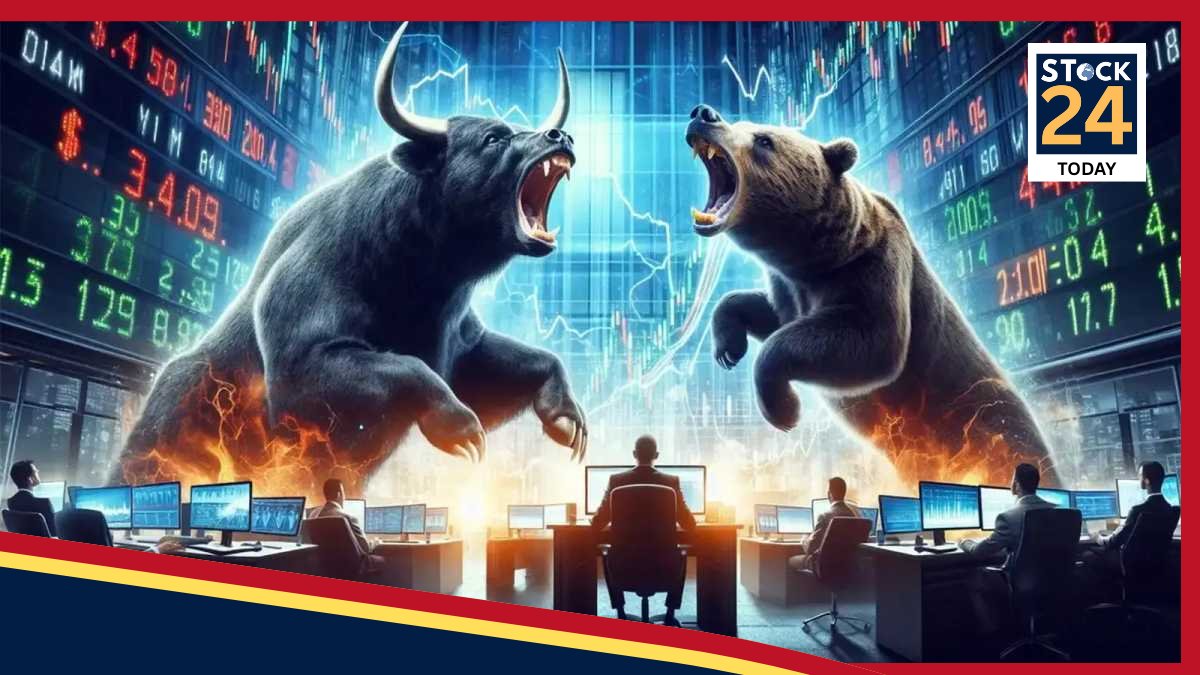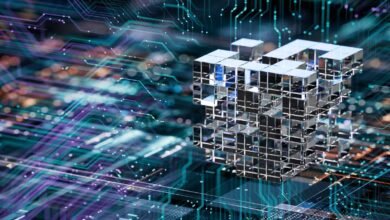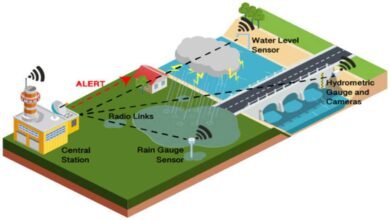Wall Street Bear Warns AI Boom Won’t Prevent U.S. Recession, Cites 60% Probability

A prominent Wall Street strategist is sounding the alarm on the U.S. economy, warning that the current frenzy around artificial intelligence is not enough to stave off a recession. Peter Berezin, Chief Global Strategist at BCA Research, is maintaining his forecast of a 60% probability of a U.S. recession within the next 12 months.
In a new report, Berezin argues that the market’s belief that AI-driven productivity can offset economic headwinds is misplaced. He contends that the AI boom is “more like a stock market story than an economic one,” and investors cannot rely on it to “save” the economy.
The catalyst for his renewed warning was the latest U.S. employment report. Berezin described the data—which showed new jobs in July well below expectations and a downward revision of 258,000 for May and June—as a “knockout blow.”
“If the data released last week had been strong, we would have planned to lower the probability of a U.S. economic recession. However, that was not the case,” Berezin wrote, adding that he believes the risk of a recession has been “pulled forward” to 2025.
Berezin speculates that the stock market, which remains near historic highs, is operating on a “benign interpretation” that recent economic weakness is temporary. However, he outlined five key reasons why the AI boom is unlikely to prevent an economic contraction:
1. AI Benefits Have a Time Lag
While tech giants are investing heavily in AI, the spending is primarily on equipment like NVIDIA’s chips, which are not manufactured in the U.S. “While some of this spending may eventually return to the U.S., it will take some time,” Berezin noted.
2. The Tech Job Market is Weakening
Contrary to the hype, employment growth in the technology sector is showing signs of peaking. According to BCA Research, employment in IT services fell below its end-of-2024 level in July, and job growth in computer and electronic manufacturing is near historic lows.
3. Rising Energy Prices from AI Demand
The massive energy requirements of AI data centers are driving up electricity costs for everyone. Berezin points to data from PJM Interconnection, a major regional grid operator, showing a 22% year-over-year increase in wholesale electricity prices. This could put significant pressure on consumer spending, which accounts for two-thirds of U.S. GDP.
4. No Significant Productivity Gains Yet
There is little evidence so far that AI is delivering a major boost to productivity. Berezin highlights that productivity growth in the “post-ChatGPT era” averages about 2.1%, which is lower than the dot-com bubble peak and roughly in line with the last decade. He draws a historical parallel, noting that it took about 15 years after the invention of the personal computer for productivity gains to accelerate in the late 1990s.
5. Other Recession Indicators are Flashing Red
Key economic indicators monitored by the National Bureau of Economic Research (NBER) suggest the business cycle has already peaked. BCA’s analysis shows that private employment has fallen by 0.5% since April. Furthermore, two crucial measures of consumer spending power—real manufacturing and trade sales, and real income minus transfer payments—have also declined in recent months, signaling a significant contraction.











